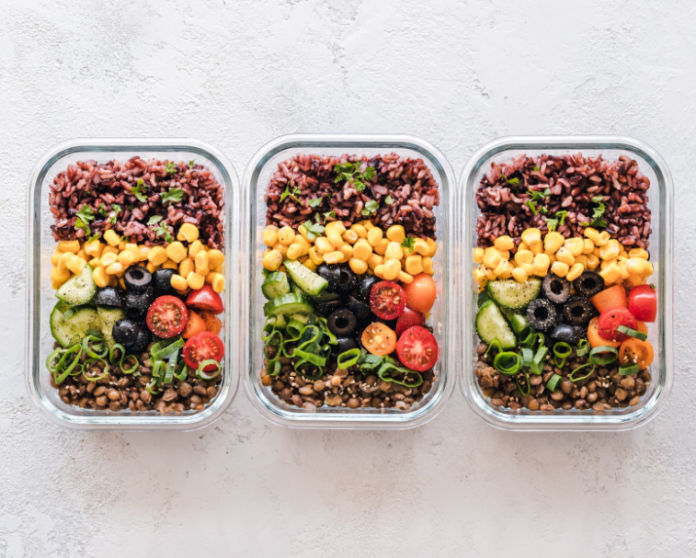Eating a balanced diet is essential to staying physically and mentally healthy. Unfortunately, many of us don’t get enough of the proper nutrients and vitamins from our diets, leading to nutrient deficiencies. To help you avoid this problem and eat healthier every day, here are four tips for creating a health-oriented diet that will keep you well-nourished.
Learn how to balance your produce.
Creating a health-oriented diet doesn’t have to be complicated. One of the most important steps is to learn how to balance your produce in order to get the right amount of vitamins and minerals without consuming too much of one particular food group. Fruits and vegetables should make up about half of each plate, while healthy proteins like lean meats, fish or eggs should comprise another quarter. The remaining quarter can include complex carbohydrates such as whole grains, legumes, nuts, seeds and use Eden Foods reviews for better options high in protein but low in fat and cholesterol.
Include essential fatty acids in your diet.
Essential fatty acids (EFAs) are needed for proper growth, development and overall health. Omega-3 and omega-6 are the essential fatty acids the body cannot produce, so they must come from dietary sources. Eating a variety of foods rich in EFAs can help ensure adequate intake of these important nutrients.
Foods high in EFAs include fish, such as salmon and trout; nuts, such as walnuts and almonds; and seeds, like flaxseed. Plant oils like olive oil also contain significant amounts of EFAs. Additionally, plant-based sources of long-chain omega-3 fatty acids such as ALA (alpha-linolenic acid) can be found in chia seed, flaxseed and walnuts.
Read labels and research food sources.
Before you purchase a product, take the time to read the label. Look for foods that are low in saturated fat, sodium and added sugars. Many products contain hidden amounts of sugar or unhealthy fats that may cause nutrient deficiency and other health issues such as weight gain, type 2 diabetes and heart disease. When selecting food sources, try to choose organic foods with minimal processing; opt for fresh produce over canned or frozen items. Choose lean meats such as skinless chicken breasts and ground turkey rather than red meat products. Once you understand the basics on reading labels, you can more easily compare options to select healthier products. Additionally, research which sources can provide essential nutrients for your diet needs; look for foods which contain vitamins A and D, iron, riboflavin and zinc.
Be mindful of portion sizes.
The last and probably most important tip for creating a health-oriented diet to avoid nutrient deficiency is to be mindful of portion sizes. Eating too much food can lead to an excessive intake of calories, which can cause weight gain or obesity. On the other hand, eating too little food can also lead to nutritional deficiencies. Therefore, you must pay attention to the amount of food you are consuming and ensure it aligns with your overall calorie goals for the day.
Creating a health-oriented diet to avoid nutrient deficiency is key to maintaining physical and mental health. By following these four tips, you can ensure that your body is getting the right amount of vitamins and minerals while still enjoying your meals. In addition, remember to balance your produce, including essential fatty acids, read labels and research food sources and be mindful of portion sizes.



